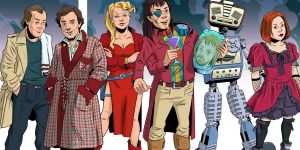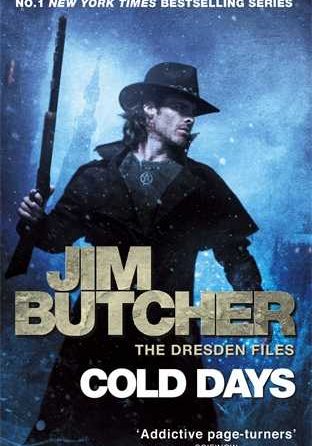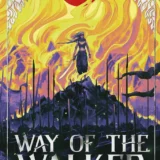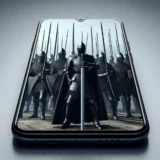
I’ve been Googling for reviews of the new radio series of The Hitchhiker’s Guide to the Galaxy, which is currently going out on BBC Radio 4 ahead of an audio book release.
They’re not easy to find.
You can see a lot of preview pieces about the show and how it reunites the original cast (or most of them) to mark the 40th anniversary of Hitchhiker’s debut. But, four episodes in, reviews are thin on the ground.
Perhaps this shows that radio doesn’t get reviewed very much, especially by professional journalists.
Maybe it shows that Hitchhiker’s itself isn’t attracting the kind of attention it once did.
But perhaps it’s that few want to speak up and say what lots of people must be feeling. Just when we should have been celebrating the genius of Douglas Adams four decades on, we’ve been served up a dispiriting piece of fan fiction which doesn’t belong in the same universe.
I hate saying it. I’ve loved Hitchhiker’s for decades – as I said here at Amazing Stories last month – so I wanted to like this. And it pains me to be critical of a project that involved many of Adams’ original friends and collaborators. But The Hitchhiker’s Guide to the Galaxy: The Hexagonal Phase is just not very good.
Among the very few reviews you can find of the show online is this post by the Cambridge Geek. It pretty much sums up my reaction to the first episode – and it’s only got worse since then.
The key problem, clearly, is that the new Hitchhiker’s is not the work of Douglas Adams. It’s based on the spin-off novel And Another Thing…, by Eoin Colfer. Adams gets a “created by” credit. What’s more, thanks to the discovery of some unused Adams material, some episodes carry the credit “With additional material by Douglas Adams”. Really, in which dimension of reality is Douglas Adams reduced to providing additional material to anything?
The producer and adaptor of Colfer’s novel is Dirk Maggs, who did rather a good job of adapting three previous Hitchhiker’s novels into radio series after Adams’ death. I haven’t read Colfer’s novel, so I have no idea how faithfully Maggs’ adaptation serves it. What I do know is that it doesn’t work as Hitchhiker’s radio.
With two of the original cast dead and another retired, the Hexagonal Phase brings in replacements, most notably Adams’ old friend and collaborator John Lloyd as the narrator (the Book, as the role has always been known). But at the start of episode one, Lloyd is landed with the job of narrating a ten-minute “story so far” recap – which is exactly the kind of thing Adams never wrote. His episodes began with some comedy, then artfully recapped as much information as listeners needed to hear.
Thereafter, there are frequent moments when the narration takes over in the middle of a scene to describe something that can’t be conveyed by dialogue and effects. Again, it’s something that Adams never did.
These failures to follow the example of the original show are odd, because generally the series seems to try and check off as many elements of the original series and books as possible.
The angry immortal, Wowbagger the Infinitely Prolonged, is back. So are the Vogons. So is the god Thor. There’s a new character, the leader of an Earth colony, and like Ford Prefect, he takes his name from an old British car, the Hillman Hunter. There’s talk about tea, there’s a dressing gown, there’s the Infinite Improbability Drive, but it feels like the elements of Hitchhiker’s are being reshuffled with no guiding principle behind it all. And so far, while a plot develops to do with Zaphod Beeblebrox, Wowbagger and Thor, the principals have been given surprisingly little to do.
Douglas Adams was always determined to do Hitchhiker’s his way. Back in 1978, he brought in John Lloyd to co-write two episodes as the deadline loomed, but much of the material they wrote together would be excised from subsequent versions. After he and Lloyd took an advance from a publisher to write he first Hitchhiker’s novel, Adams changed his mind and told his friend he was going to write the book himself.
Thereafter, it was Adams who was due the credit when Hitchhiker’s was brilliant, and the blame when it was disappointing. On television, in print, and in a film adaptation that he didn’t live to see, he fought to have Hitchhiker’s come out the way he wanted it.
Without Adams, there is no Hitchhiker’s Guide, and this new adaptation, sadly, isn’t really Hitchhiker’s.









Agreed. Less a missed opportunity than one-trip too many back to scrape the barrel. It falls very short, despite its good intentions and obvious love for Adam’s work.
I couldn’t get past the first few minutes! Even the delivery by solid actors felt so strained. I never thought I’d see something Hitchhiker that felt less like Adams than the American film, but this was it. Big, sad faces on improbable blue whales falling inevitably toward their grounded doom. . .